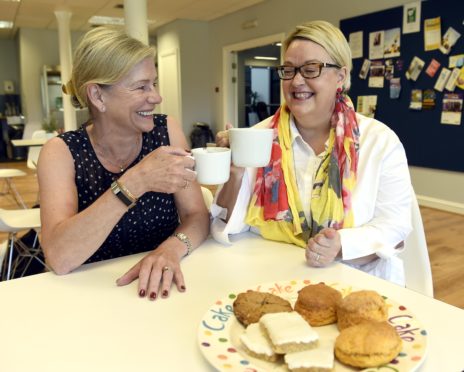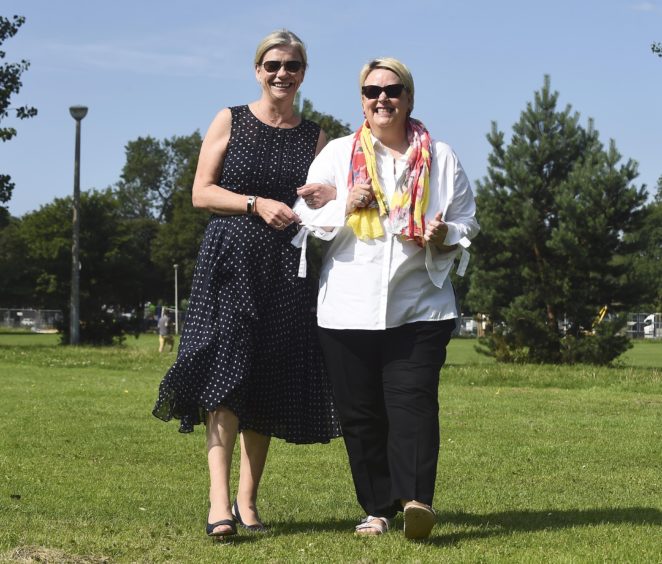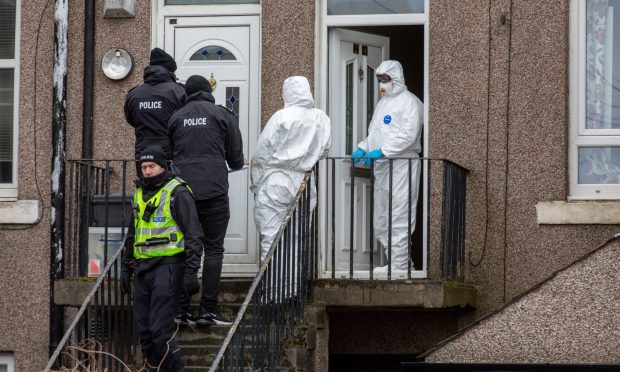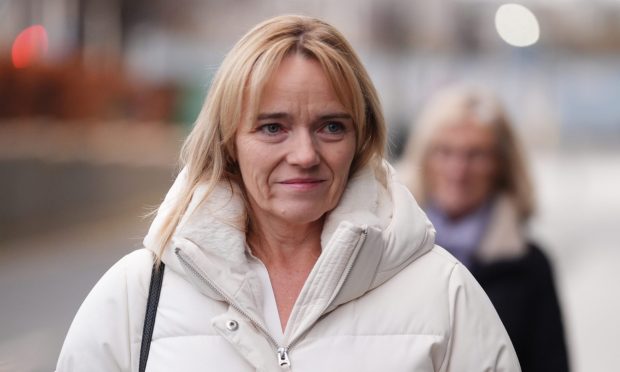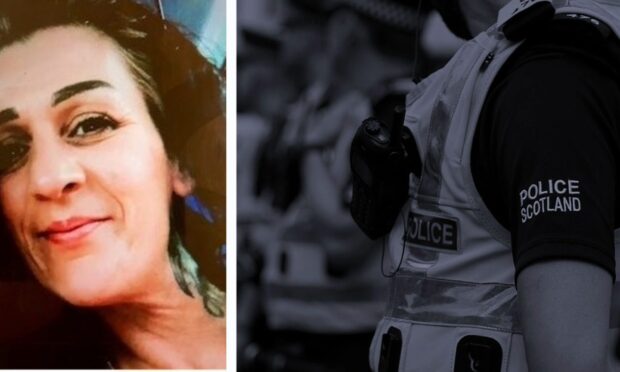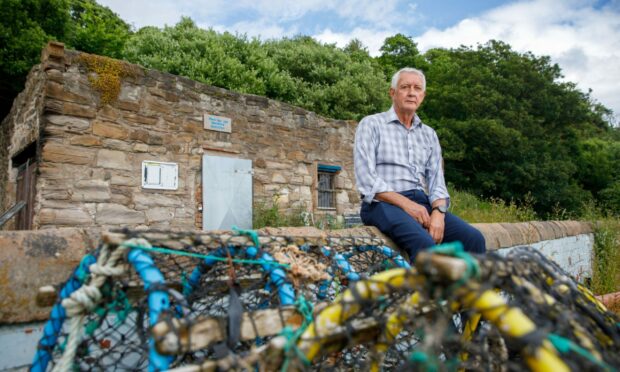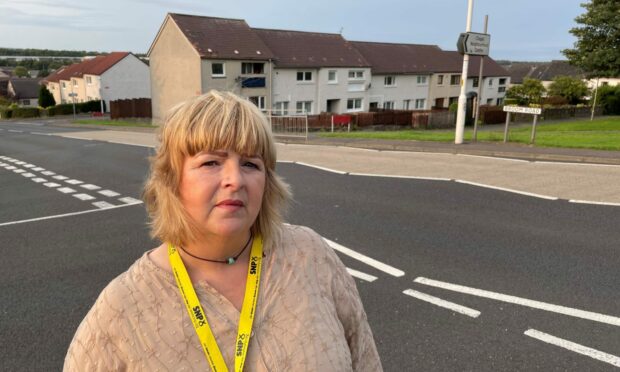The cruelty of losing not just one, but both parents when you are a child is a horrifying thought for most people.
But that’s exactly what happened to Audrey Holligan by the time she was just seven-years-old.
The bereavement charity volunteer, who works for Cruse Scotland, was inspired to help children cope with grief after tragically losing her mother and father, and another close relative, at a young age.
Now the mum-of-one is backing a poignant new Grief Awareness Campaign, launched by leading personal injury firm Watermans, which is aimed at highlighting the impact that sudden fatalities can have on a young person’s life.
Audrey, 54, told how her mother had died suddenly of a brain haemorrhage when she was just 18-months-old and her father of the same traumatic illness when she was seven.
Audrey, who has worked as a children and young person’s grief support worker at Cruse for three years now, said: “Sadly, most of my family had died by the time I turned 12. I always knew even back then that I’d always want to work for a charity like Cruse so that I could give something back.
“You can never fix grief but if you can help a child to make a difference in their own lives then that’s huge.”
In another tragic string of events, her cousin, who Audrey describes as being a “second mother” to her, was killed in a car accident aged 21 the week before her wedding day. Audrey was just four-years-old at the time.
“Having gone through counselling myself after my relatives died, it was a natural progression to then volunteer and try and help other children who suffer from grief,” Audrey added.
“Even just being able to help one child to help themselves, the ripple effect of that is huge.”
At the age of 14, Audrey, who was born in Edinburgh and grew up in Dunfermline, began working at a youth club helping children who come from troubled backgrounds.
She later took up studies to become a psychologist, which has also led to her involvement in script work for the BBC children’s channel CBeebies.
“I help them with script work in children’s programmes that they do if they’re dealing with subjects involving trauma and grief,” Audrey explained.
“I help to give pointers of the type of language they should use and situations which can help children watching understand grief on a child level. It’s a different journey for the child who loses a parent.
“Most of my early memories are of grief.
“Grief isn’t a stranger to me and death isn’t a stranger to me – it’s something I’ve walked with my whole life.
“Death wasn’t something people spoke about as much back when my parents died but I think today people are more aware of how to deal with death and grief.
“My tool was sport, that was my therapy if you like back then. The grief didn’t really come out in me until I had my own child at 41. That was when the trigger was pushed.
“What we are trying to do is normalise the situation for a grieving child through music, activities, play, sport – anything that the child will connect to really.”
Audrey knew she wanted to take her own experience and create a positive impact by helping others going through similar experience.
The inspirational mum continued: “My career, whether deliberate or subconsciously, took me to working with traumatised children whom society had rejected. It was only then I saw my own inner child and how broken it was. This led me to counselling for myself and I never looked back.”
Some of the key signs Audrey advises to look out for when a child is struggling with grief include a child isolating, their concentration being affected, sudden phobias, changes in play patterns, a pre-occupation with death, self-harm, becoming clingy or ‘pleasing,’ and other mental health issues.
“My hope is that if I can help one child help themselves to get through what is usually the worst thing that will ever happen to them, then that is invaluable for that child,” she concluded.
